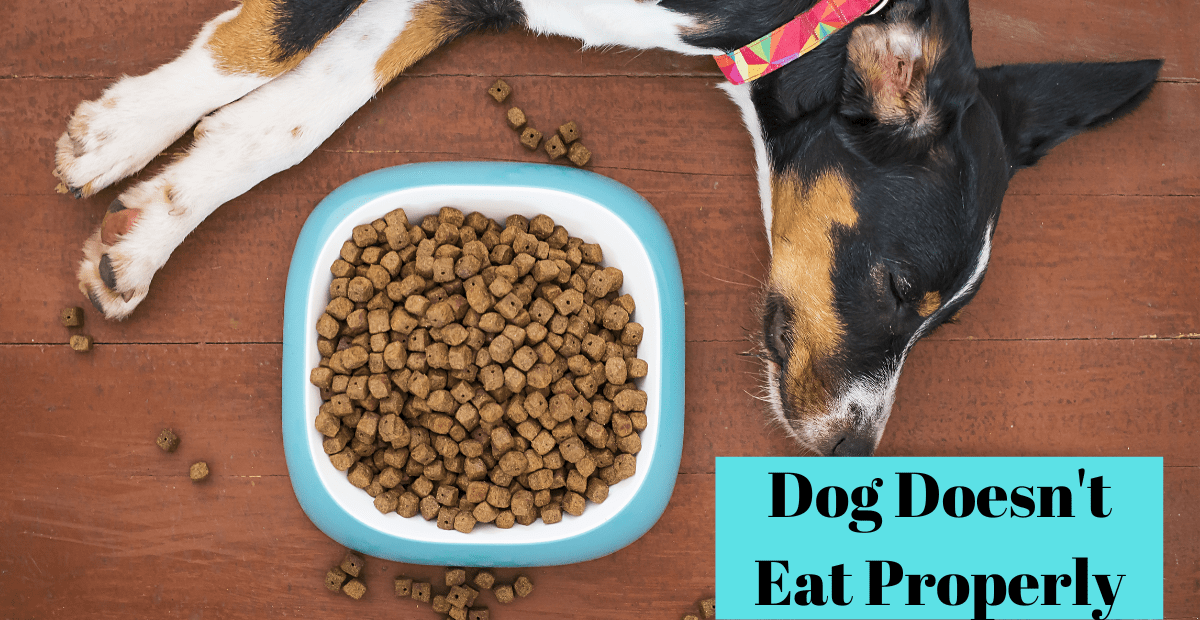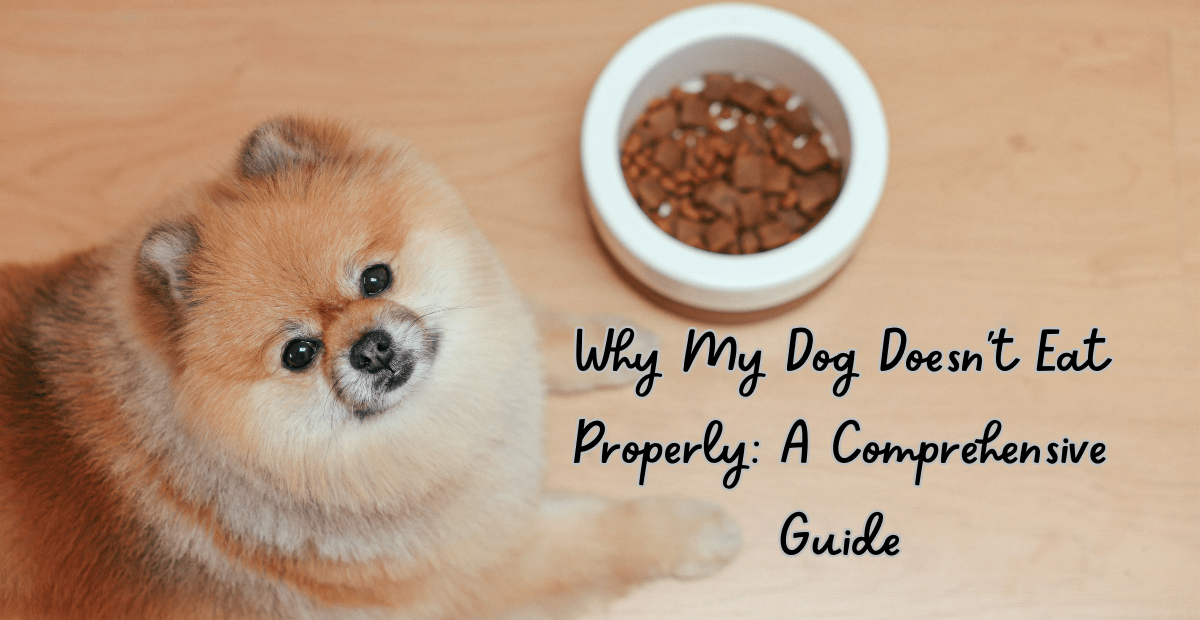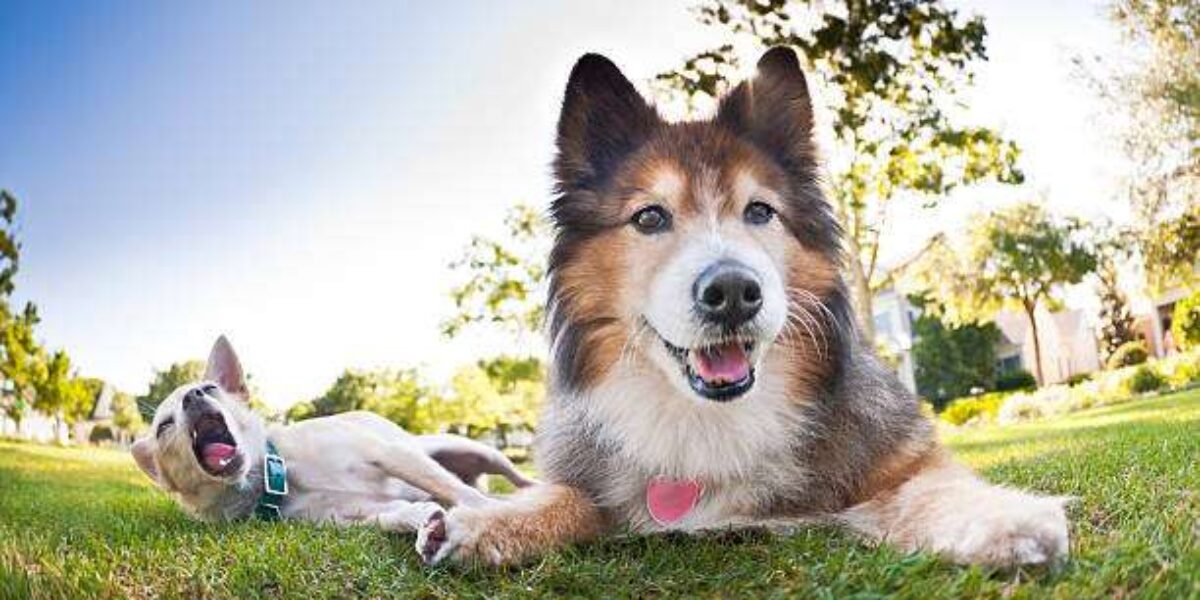Last updated on January 26th, 2024 at 05:22 am
A furry friend may make our lives really happy, but it can also be worrying when they don’t have enough to eat. As responsible pet owners, we can assist to keep our dogs happy and healthy by understanding the potential reasons behind this behavior and taking the necessary steps. If you are thinking about “Why My Dog Doesn’t Eat Properly” then you are on the right track, because in this article we discussed this topic and the guide will look at the usual causes of your dog’s possible reasons for under eating as well as provide effective remedies.
1. Health Issues
An underlying health condition may be one of the main reasons your dog doesn’t eat as much as it should. Eating might be painful or uncomfortable for your pet if they have dental problems, digestive problems, infections, or inflammation. It’s critical to take your dog to the vet for a complete evaluation if you detect a sudden change in their feeding habits. Any possible health problems can be found and appropriate treatments can be suggested by a professional evaluation.
2. Change in Environment
Dogs are susceptible to environmental changes. Moving to a new house, introducing new family members or pets, or even changing where they get their food can all stress animals out and mess with their eating schedules. During these moments, patience is essential. Try to stick to a routine, and give your dog affection and praise to reassure them.
3. Behavioral Problems
Loss of appetite may be a sign of psychological issues such as depression, anxiety, or even boredom. Separation anxiety, fear of loud noises, or other triggers can make dogs nervous. These problems can be resolved by locating the stressor and developing a secure and comforting atmosphere. Improving your dog’s appetite can also be accomplished by involving them in physical and mental exercises like playtime, puzzle toys, or training.
4. Spoiled by Treats or Human Food
Sometimes our affection for the animals we love motivates us to treat them to snacks or human food. This can lead them to put off eating their normal meals in favor of holding out for these “better” options. Avoid eating too much in snacks, and don’t feed them at the dinner table, to promote good eating habits. Maintain a regular feeding schedule with the right portions of superior dog food.

5. Food Preferences
Dogs can have specific dietary habits, much like humans. Your dog may no longer enjoy the flavor or texture of their normal food if they suddenly stop eating it. To find a suitable alternate that fulfills your dog’s nutritional needs, make an effort with different dog foods or discuss with your veterinarian.
6. Temperature and Weather
The appetite of a dog can vary at extreme temperatures. Due to decreased activity and greater heat during hot weather, they might eat less. On the contrary, cold temperatures might also make people feel less hungry. Make sure your dog always has access to fresh water, and think about changing their food portions depending on the weather.
7. Medical Treatments and Medications
Loss of appetite can be a common problem in dogs receiving medical care or taking medications. Consult your veterinarian if you believe that your pet’s medication may be the cause of this issue. They might be able to change the dosage or advise various methods of action.
Conclusion
It can be upsetting when your dog doesn’t eat properly. However, having the information and knowledge, you can take the necessary steps to solve the problem and make sure your furry buddy remains healthy and content. As they may offer vital advice and support in maintaining your pet’s well-being, always remember to see your veterinarian whenever you detect important changes in your dog’s eating habits. You can assist your dog get back on track so that they continue to enjoy their meals and live life to the fullest by being proactive and attentive.
Frequently Asked Questions (FAQ) – Why My Dog Doesn’t Eat Properly
1. Why has my dog suddenly stopped eating?
A sudden decrease in eating in dogs may occur for a variety of reasons. Common causes include behavioral challenges, health conditions, environmental changes, stress, and a preference for other foods. Your dog’s behavior should be closely monitored, and if a problem persists, professional guidance needs to be sought.
2. How can I identify whether a health issue is the reason for my dog’s lack of appetite?
If your dog’s eating habits have significantly changed and they display other unusual behaviors like vomiting, diarrhea, lethargy, or weight loss, they may have a health issue. It’s essential to plan a visit to the veterinarian in these situations for an in-depth examination and accurate diagnosis.
3. Can stress change my dog’s eating habits?
Yes, dogs who undergo stress or anxiety may lose their appetite. Stress can be brought on by major life events like moving to a new home, welcoming new family members or pets, or being around loud noises. Stress-related eating problems can be reduced by establishing a peaceful stable environment and offering support.
4. Should I be concerned if my dog skips a few meals occasionally?
If your dog otherwise seems healthy and active, occasional meal skipping might not be a cause for immediate concern. It is essential to see a veterinarian if the behavior continues for more than a day or two or if there are any concerning symptoms to rule out any underlying health issues.
5. My dog seems to prefer treats and human food over their regular meals. What should I do?
By giving your dog treats or human food, you increase the risk of them refusing their normal meals in favor of these more delicious options. Limit treats and avoid giving human food from the table to promote healthy eating habits. Maintain a regular feeding schedule with the right portions of quality dog food.
6. How can I make my dog eat their regular food if they have become picky?
If your dog shows food preferences, explore various types or brands of dog food to find one that they like. To prevent digestive problems, introduce the new diet gradually. Additionally, adding some moist food or warm water to dry kibble can improve its flavor.
7. Is it normal for my dog to eat less during extreme weather conditions?
Yes, extremely hot or cold weather can alter a dog’s appetite. As a result of their reduced activity and the heat, they might eat less when it’s hot outside. Similarly, a person’s appetite may decrease in chilly weather. Make sure your dog has access to fresh water at all times, and consider adjusting the amount of food they consume based on the season.
8. Can medications or medical treatments cause a loss of appetite in dogs?
Yes, a temporary loss of appetite is a side effect of many medications and treatments. If you believe that the medication your dog is on may be affecting the way it eats, speak with your veterinarian. To lessen side effects, they might be able to change the dosage or provide other therapies.
9. How can I help my dog overcome behavioral eating issues?
Focus on making your dog feel at ease and relaxed to manage behavioral difficulties. To lessen stress and anxiety, involve your pets in routine physical and mental activities, such as playtime, training, or puzzle toys. Your dog needs both persistence and encouragement to develop better feeding habits.
10. When should I seek professional help for my dog’s eating problems?
If your dog has trouble eating for more than a day or two, or if you see any other serious signs like vomiting, diarrhea, or lethargic behavior, you should seek medical attention promptly. Early intervention can assist in identifying and treating any health issues, safeguarding the well-being and health of your dog.




